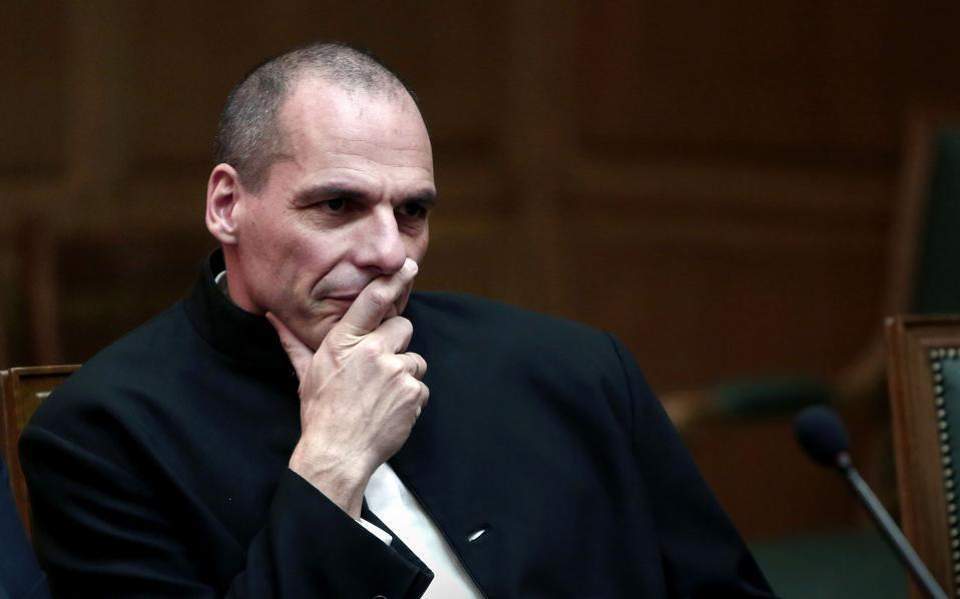Varoufakis says biggest mistake was trusting Tsipras

Almost three years after the SYRIZA-ANEL coalition government signed the third bailout program and two days before Greece is set to complete it, former finance minister Yanis Varoufakis said his biggest mistake during his tumultuous tenure was “trusting Tsipras.”
“My mistake was trusting Mr. Tsipras – [trusting] that we had been elected with a clear mandate not to extend the country’s debt colony status with a new memorandum and that we would fight until the end to link the total debt and the repayment rate with the GDP and its growth rate – what we call the growth clause,” he told SKAI television on Saturday.
Asked to comment on the estimation made by the head of the European Stability Mechanism (ESM) Klaus Regling that the first six months of 2015, when Varoufakis was at the helm of the finance ministry, cost the country 86-200 billion euros, the former minister was dismissive.
“The cost was huge since 2010 and it is entirely due to the troika’s wrong program,” he said, referring to the European Commission, the European Central Bank and the International Monetary Fund who supervised Greece’s three adjustment programs.
“They are doing me a great honor by trying to pass on their sins to me. A finance minister is judged by the debt levels he leaves behind, in relation to what he found, the cash reserves and the GDP. You will see that I mostly delivered what I had received,” he added.
Varoufakis described the ESM as a “a sinful mechanism of alleged stability, which in essence destabilised the Greek economy and Europe.”
Commenting on the country’s debt pile and the relief measures agreed by the Eurogroup earlier this year, he said “there is no chance” it will be repaid.
“What they call debt relief is essentially a brutal burden on public debt. They took less than 100 billion euros which were set to be repaid by 2032 and rolled it over after 2032, with interest,” he said.
“The troika’s commitment for a debt rollover means we will have debt repayments which will reach 50 percent of public revenue. Investors hear this and think Greece is not for serious investments but for quick money,” he said.





